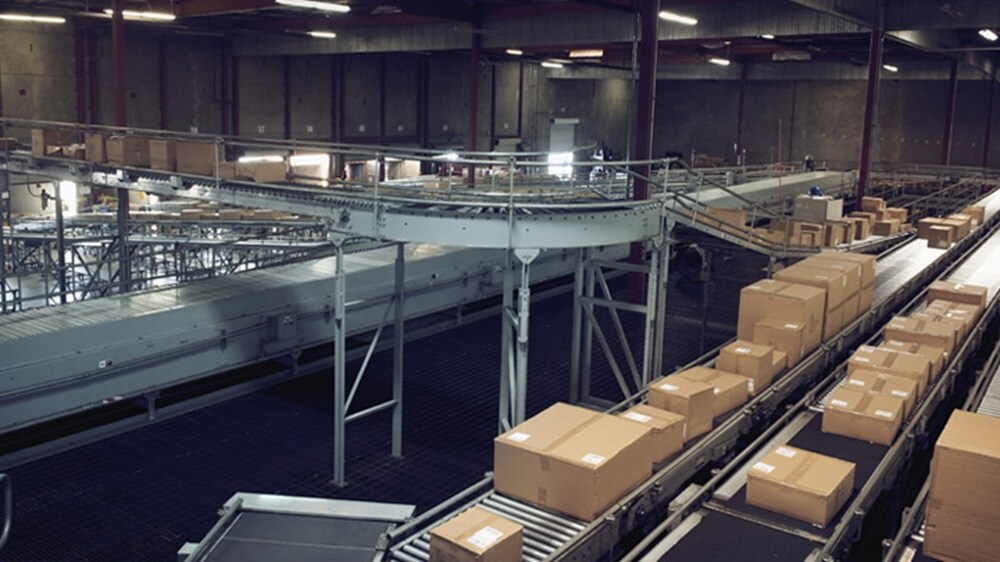Stay up to date with Brexit from start to finale
Post-Brexit
Following the December 24 agreement, here are the prospective milestones in the Brexit process businesses and logistics partners need to keep in mind:
January 2021
The Trade and Cooperation Agreement between the EU and the UK came into force provisionally on Jan 1, 2021 after all 27 member states approved the Agreement and its provisional application. The UK exited the Customs Union and any EU trade agreements that the UK had managed to roll over came into effect. For countries where a trade deal had not been rolled over, the UK Global Tariff came into effect.
April 2021
The European Parliament approved the Agreement, enabling its full implementation starting May 1, 2021. All products of animal origin (POAO) were required to produce pre-notification and health documentation and physical checks were conducted at the destination. The grace period for initial registrations under REACH for UK companies importing chemicals expired.
June 2021
On 30 June, registrations for the EU Settlement Scheme were closed.
July 2021
On 1 July, Phase 3 of the UK Border Operating Model was rolled into action. Customs declaration has become permanent and full declarations are mandatory at the point of importation. Review of tariffs with additional paperwork and checks are in progress.
January 2022
The UK’s grace period on CE marking will end, meaning that firms must have switched to UKCA compliance by this date (GB products only).
January 2023
While the UK and the EU rules and testing processes will remain broadly the same for regulated goods in the immediate years after no deal, in the future divergence will occur. This will increase the barriers of doing trade across borders. Firms will have to cope with the new and different requirements being introduced unevenly across the UK and the EU.
Pre-Brexit
Our timeline provides you with what has happened so far as the clock finally hit midnight on Brexit.
December 31, 2020
October 15, 2020
June 30, 2020
March 2020
January 31, 2020
October 3, 2019
September 24, 2019
September 23, 2019
September 19, 2019
March 2019
June 2016
Related articles
모든 뉴스 보기Who to contact?
Contact us
함께 보면 좋은 정보
Maersk를 통해 공급망을 간소화하고 연결성을 증대하면, 잠재력을 최대한 발휘할 수 있습니다.



